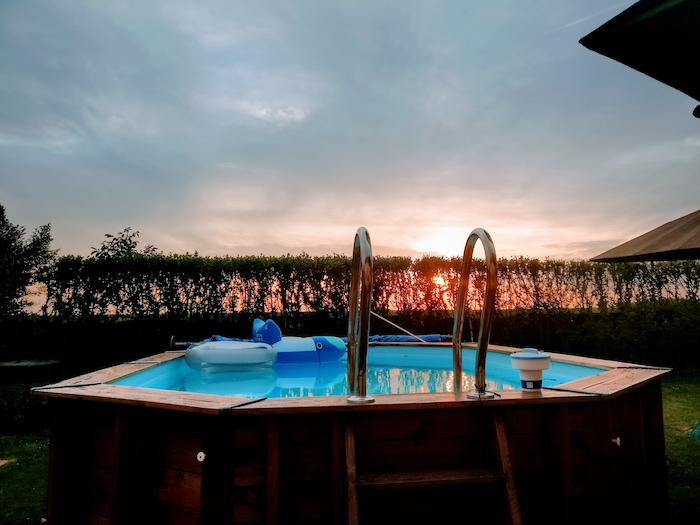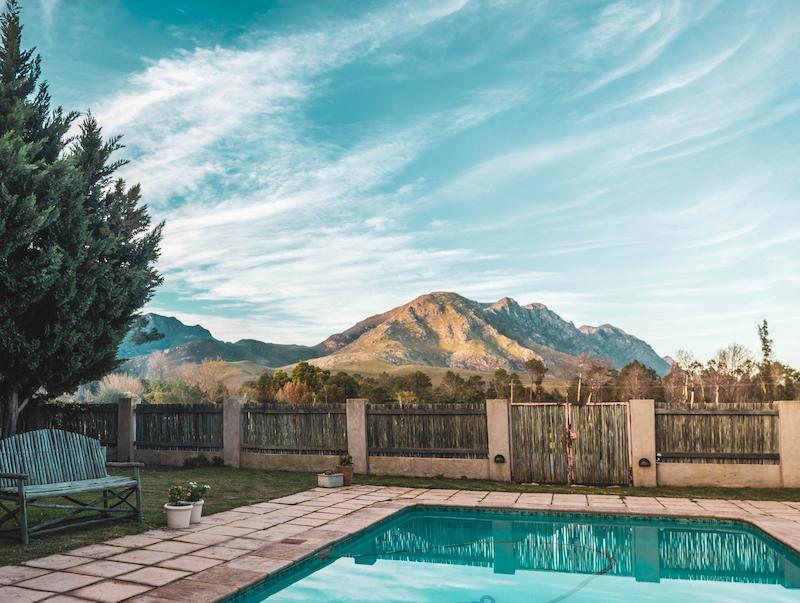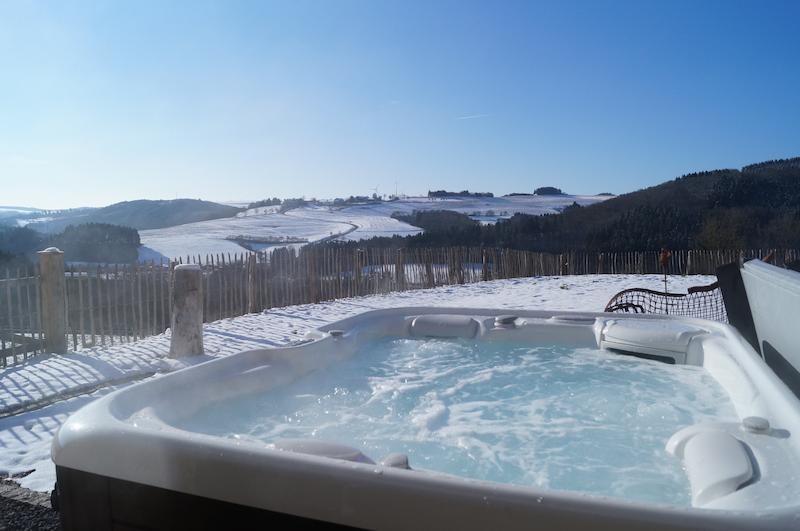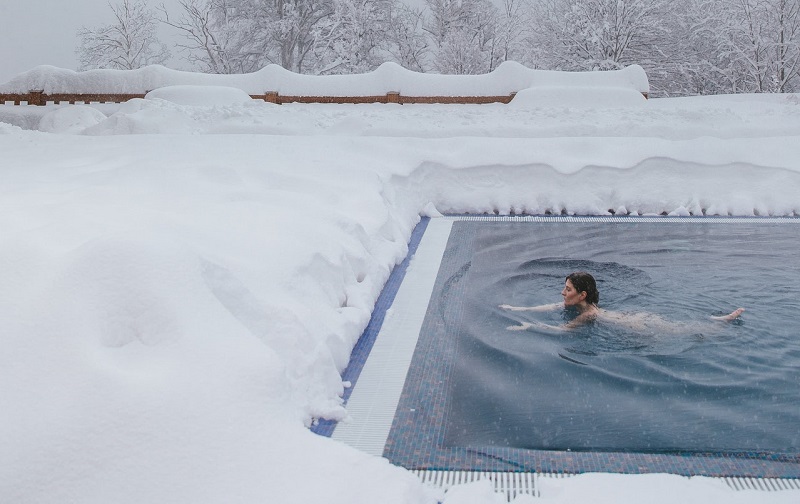When we think about pools and spas we most often think of fun times with family and friends, but for some of us that doesn’t last year round. If you own a pool or spa and have below freezing winters, then you need to take certain steps to winterize your pool and prevent water from freezing in your pipes and/or equipment and causing them to crack.
You also need to balance your water chemistry and clean the surface of your pool or spa before it’s winter hibernation. Taking time to prepare your pool or spa for it’s winter nap can save you from expensive repairs or the hassle of fighting green water the next season.
And when it’s time to open again, Sutro pool chemistry monitor can help you keep your water clear and safe by checking your pH, alkalinity, and chlorine levels 3 times per day and recommending adjustments when needed.
Let’s take a look at the steps to follow for hassle-free pool closing.
Winterizing for all types of pools & hot tubs
Above ground pool winterization


If you own an above ground pool you should plan on getting a cover to prevent debris from entering the pool during the winter and plan on moving your equipment inside to protect it from freezing temperatures if possible.
Closing kits can also be a good idea as they have everything you need based on the size of your pool. There are several more steps needed and we have outlined them for you in our winterizing an above ground pool post.
Inground pool winterization
If you own an inground pool, apart from closing you too should plan on getting a cover, and you will need to take some additional steps like blowing out lines, plugging, and using pool antifreeze to protect your pump and pipes from the freezing temperatures.


